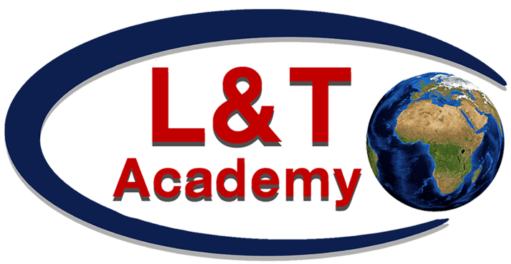Description
Course Description:
This course provides an introduction to the field of lexicography, the art and science of dictionary-making. It explores the history, theory, and practice of creating and analyzing dictionaries. Students will learn about different types of dictionaries, the principles behind their compilation, and the challenges faced by lexicographers. Practical exercises will include creating dictionary entries and evaluating existing dictionaries.
Course Objectives:
- Understand the history and development of lexicography.
- Learn the principles and methodologies used in dictionary compilation.
- Analyze different types of dictionaries and their purposes.
- Gain practical skills in writing and editing dictionary entries.
- Explore the challenges and future directions in lexicography.
Weekly Outline:
Week 1: Introduction to Lexicography
- Overview of the course and its objectives.
- Definition and scope of lexicography.
- Historical development of lexicography.
- Key terms and concepts in lexicography.
- Reading: Selected chapters from a general lexicography textbook.
Week 2: Types of Dictionaries
- Types of dictionaries: general, specialized, bilingual, and thesauri.
- Purposes and target audiences of different dictionaries.
- Case studies: Comparison of general and specialized dictionaries.
- Practice: Identifying dictionary types and their features.
Week 3: The History of Lexicography
- Early dictionaries and their impact (e.g., Samuel Johnson’s Dictionary).
- The evolution of lexicographic practices.
- Modern advancements in lexicography.
- Reading: Historical overview of lexicography.
Week 4: Dictionary Structure and Design
- Components of a dictionary: headwords, entries, definitions, usage examples.
- Designing a dictionary: layout and user interface.
- Practice: Analyzing the structure of various dictionaries.
Week 5: Lexicographic Data Collection
- Methods of data collection: corpora, surveys, and fieldwork.
- Importance of data quality and relevance.
- Practice: Creating a small corpus for dictionary entry development.
Week 6: Writing Dictionary Entries
- Principles of writing clear and concise definitions.
- Handling synonyms, antonyms, and homonyms.
- Practice: Writing entries for selected words based on given data.
Week 7: Dictionary Entry Components
- Understanding and creating entry components: pronunciation, etymology, and usage notes.
- Developing usage examples and illustrating meanings.
- Practice: Adding components to dictionary entries.
Week 8: The Role of Technology in Lexicography
- The impact of digital technology on dictionary making.
- Electronic dictionaries and online lexicography.
- Tools and software used in modern lexicography.
- Practice: Exploring digital lexicographic tools.
Week 9: Challenges in Lexicography
- Common challenges: ambiguity, evolving language, and bias.
- Addressing language change and new words.
- Practice: Discussing and solving typical lexicographic problems.
Week 10: The Future of Lexicography
- Emerging trends in lexicography: crowdsourcing, artificial intelligence, and multilingualism.
- The future of print vs. digital dictionaries.
- Reading: Articles on the future directions in lexicography.
Week 11: Practical Lexicography Project
- Developing a mini-dictionary or a set of entries as a group project.
- Applying learned principles and techniques.
- Presentation and peer review of projects.
Week 12: Course Review and Final Examination
- Review of key concepts and techniques learned throughout the course.
- Final examination covering all aspects of lexicography.
- Course wrap-up and feedback session.
Assessment Methods:
- Weekly quizzes to assess understanding of readings and concepts.
- Practical exercises and assignments related to dictionary entry creation.
- Group project developing a mini-dictionary or set of entries.
- Final examination covering course content.
Recommended Texts and Resources:
- Textbook: “The Dictionary of Lexicography” by R. R. K. (a comprehensive guide to the field).
- Supplemental Readings: Articles and papers on historical and modern lexicography.
- Online Resources: Access to digital dictionaries and lexicographic tools.
Final Project:
Students will work in groups to create a mini-dictionary or a comprehensive set of dictionary entries. The project will involve researching, writing, and presenting their work to the class.
This outline provides a structured approach to learning about lexicography, combining theoretical knowledge with practical skills. It prepares students to understand the complexities of dictionary-making and equips them with hands-on experience in the field.







Reviews
There are no reviews yet.